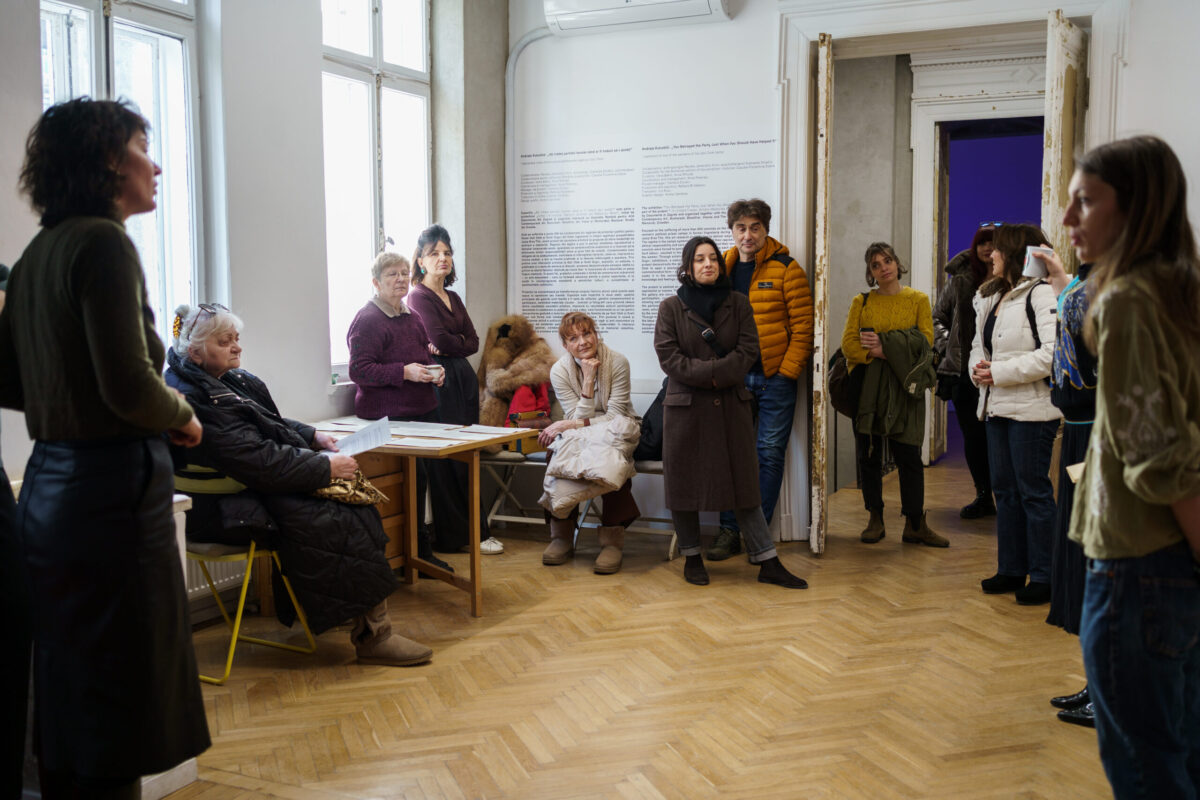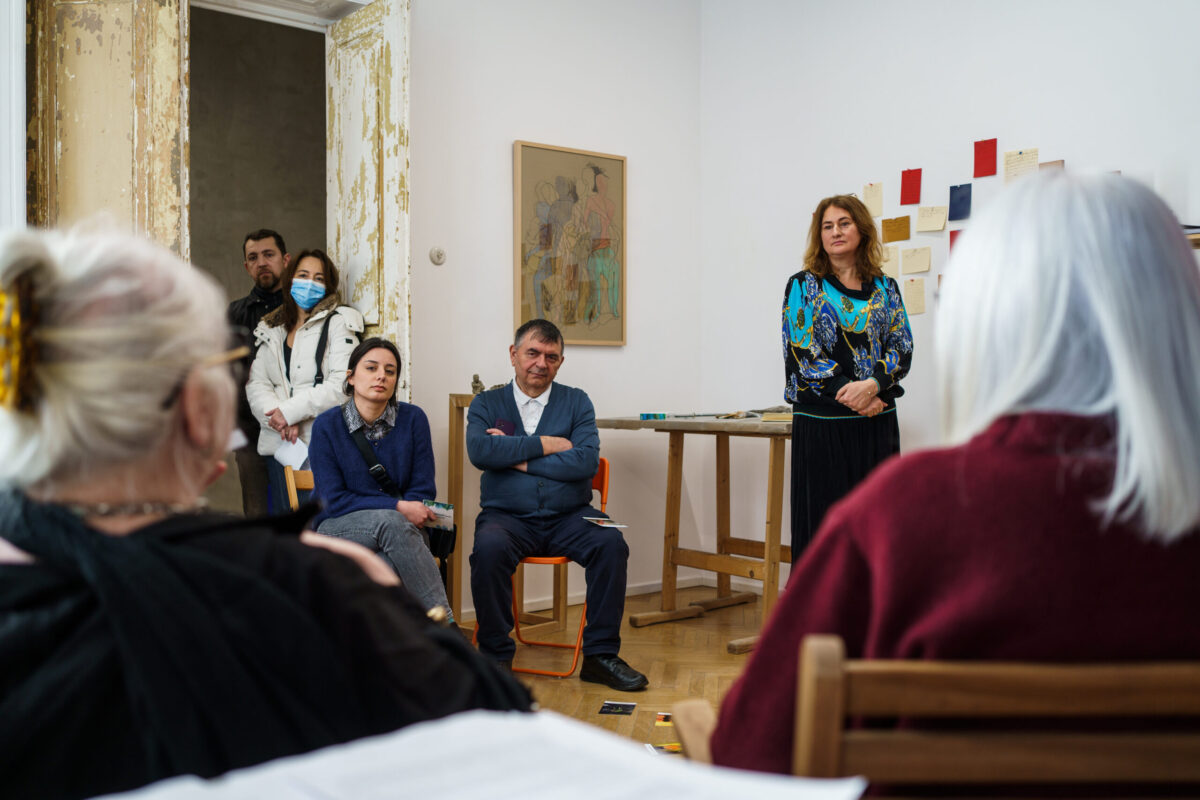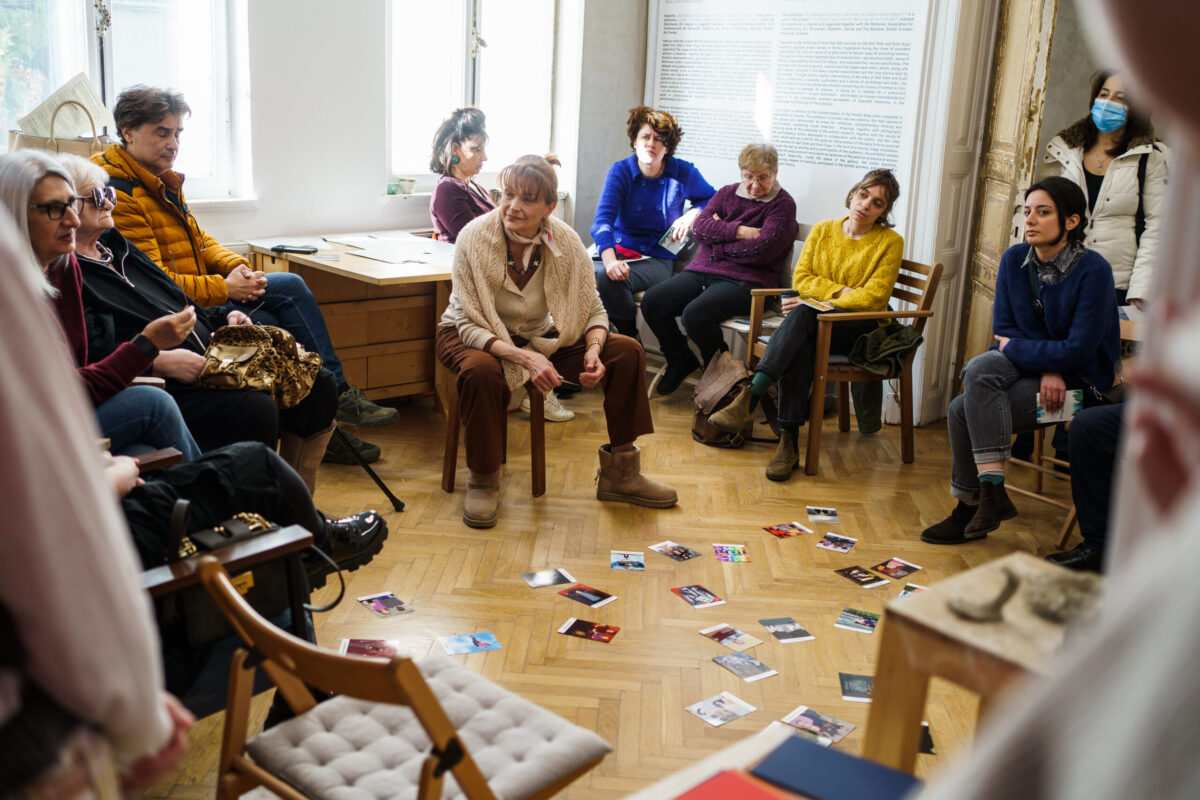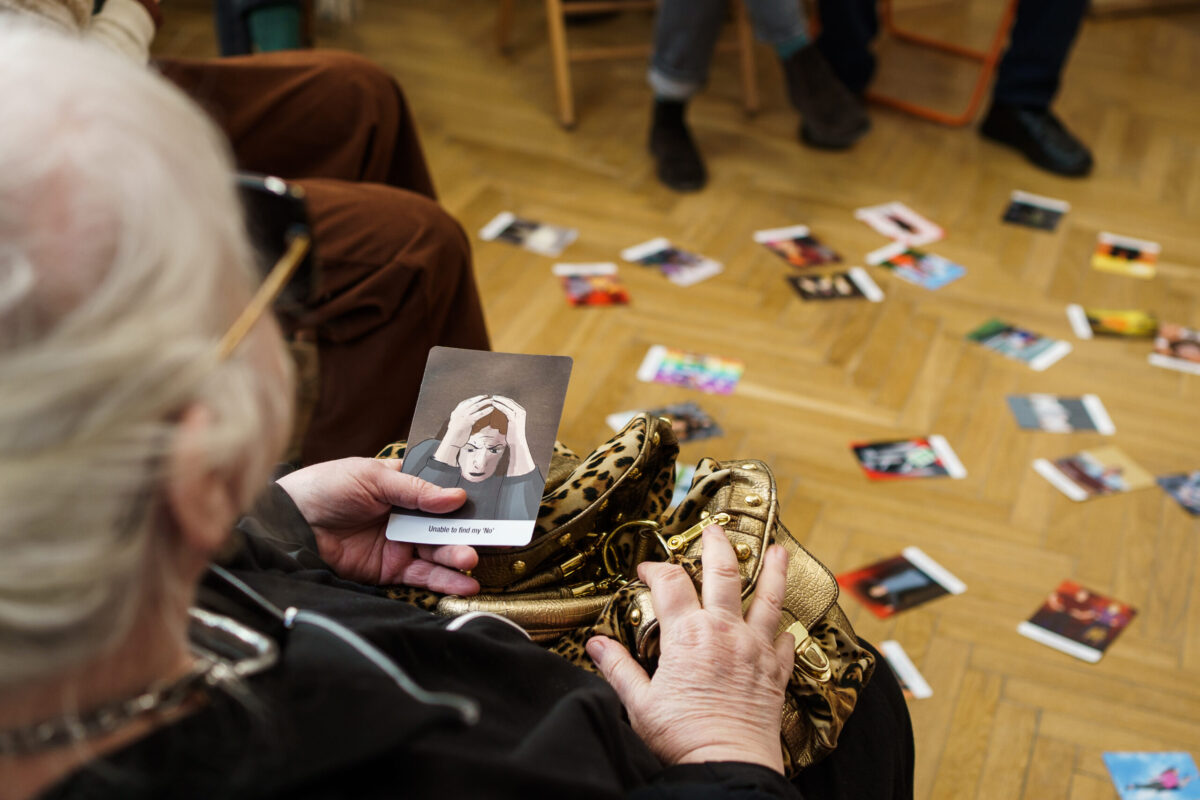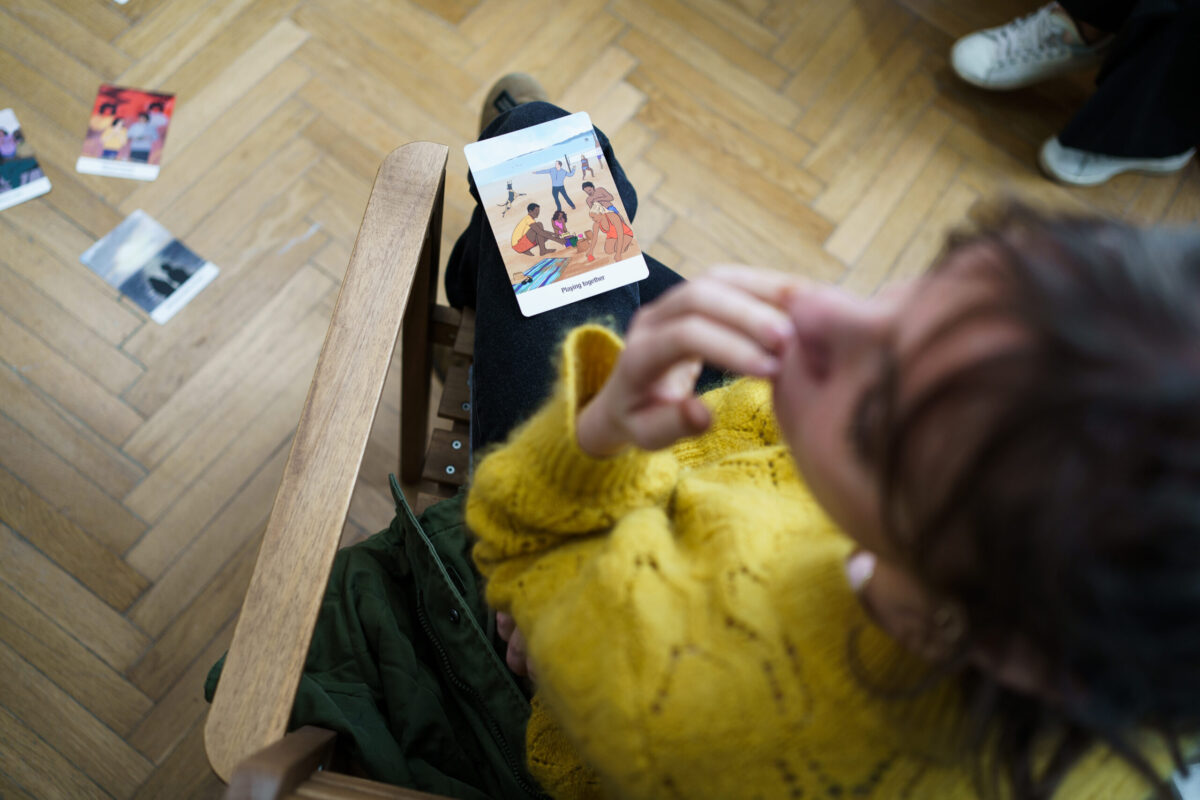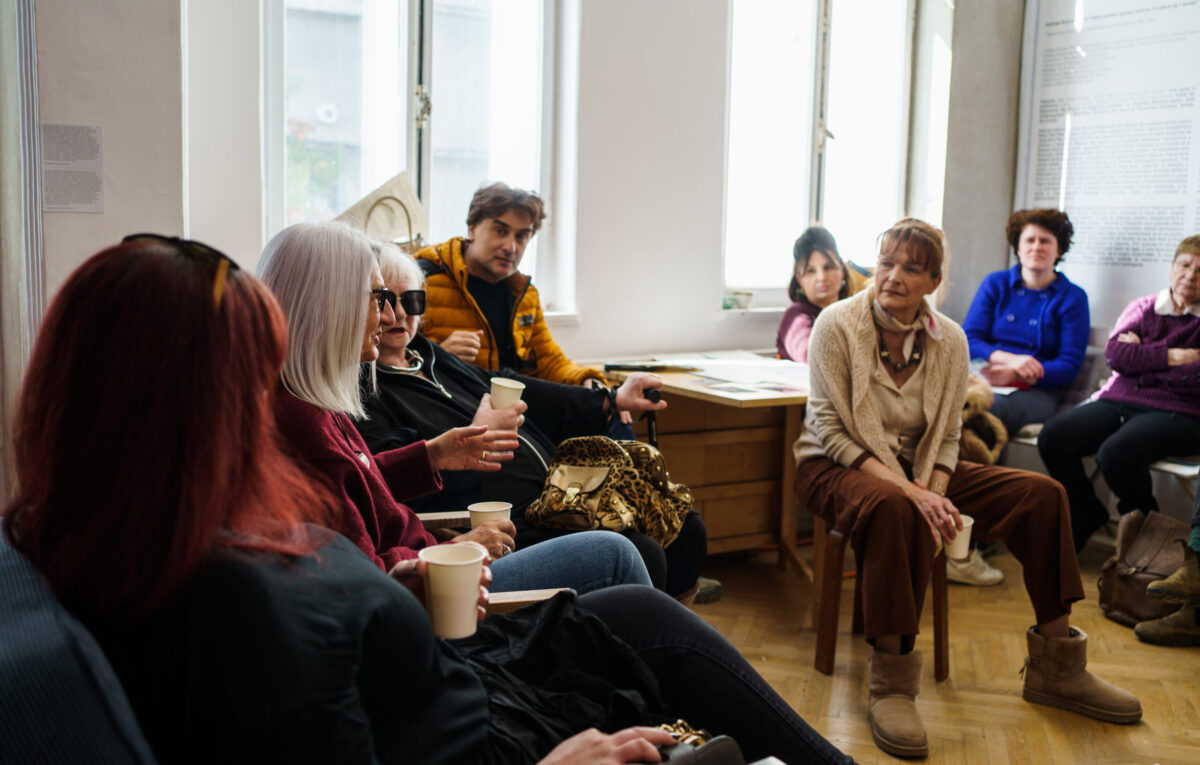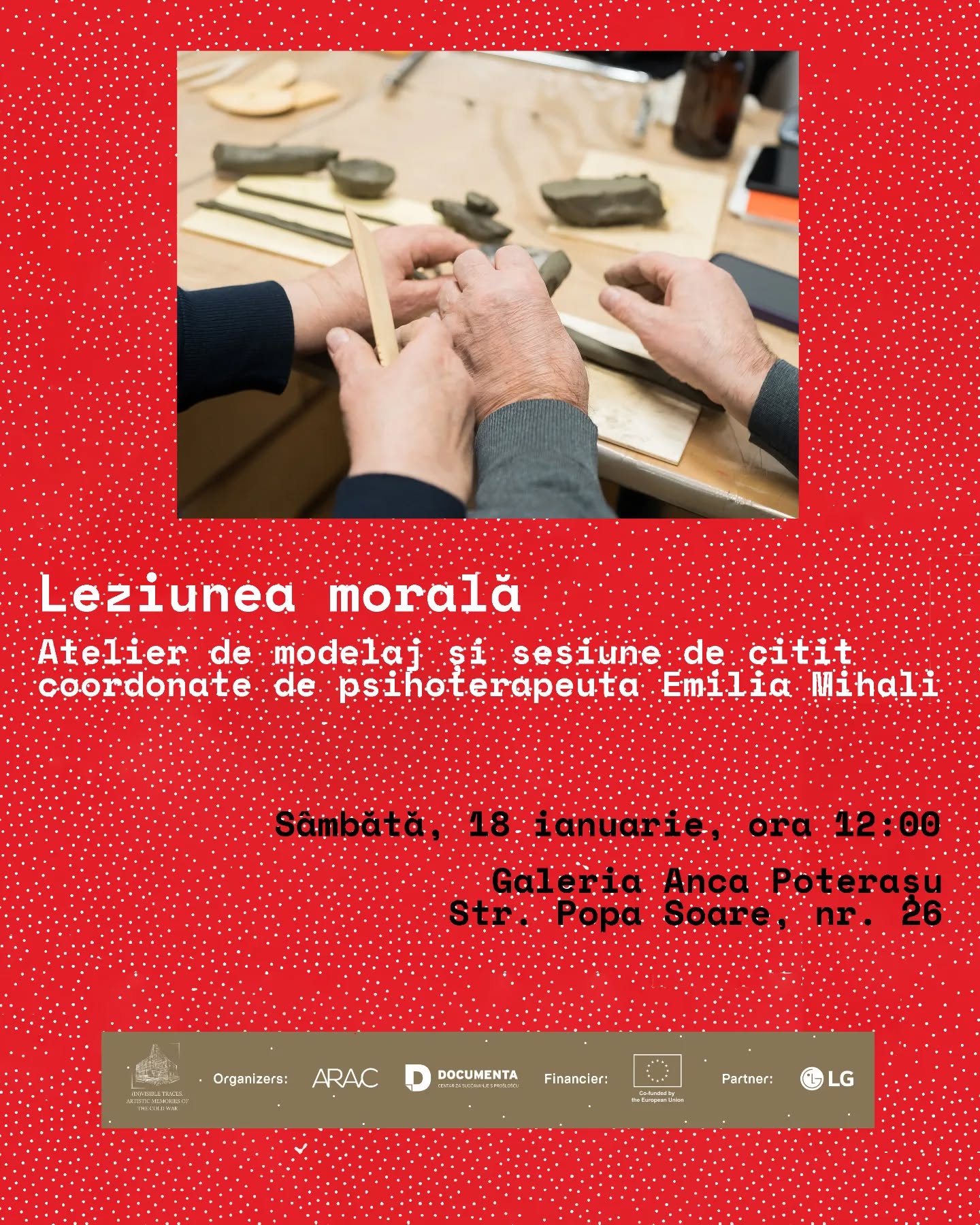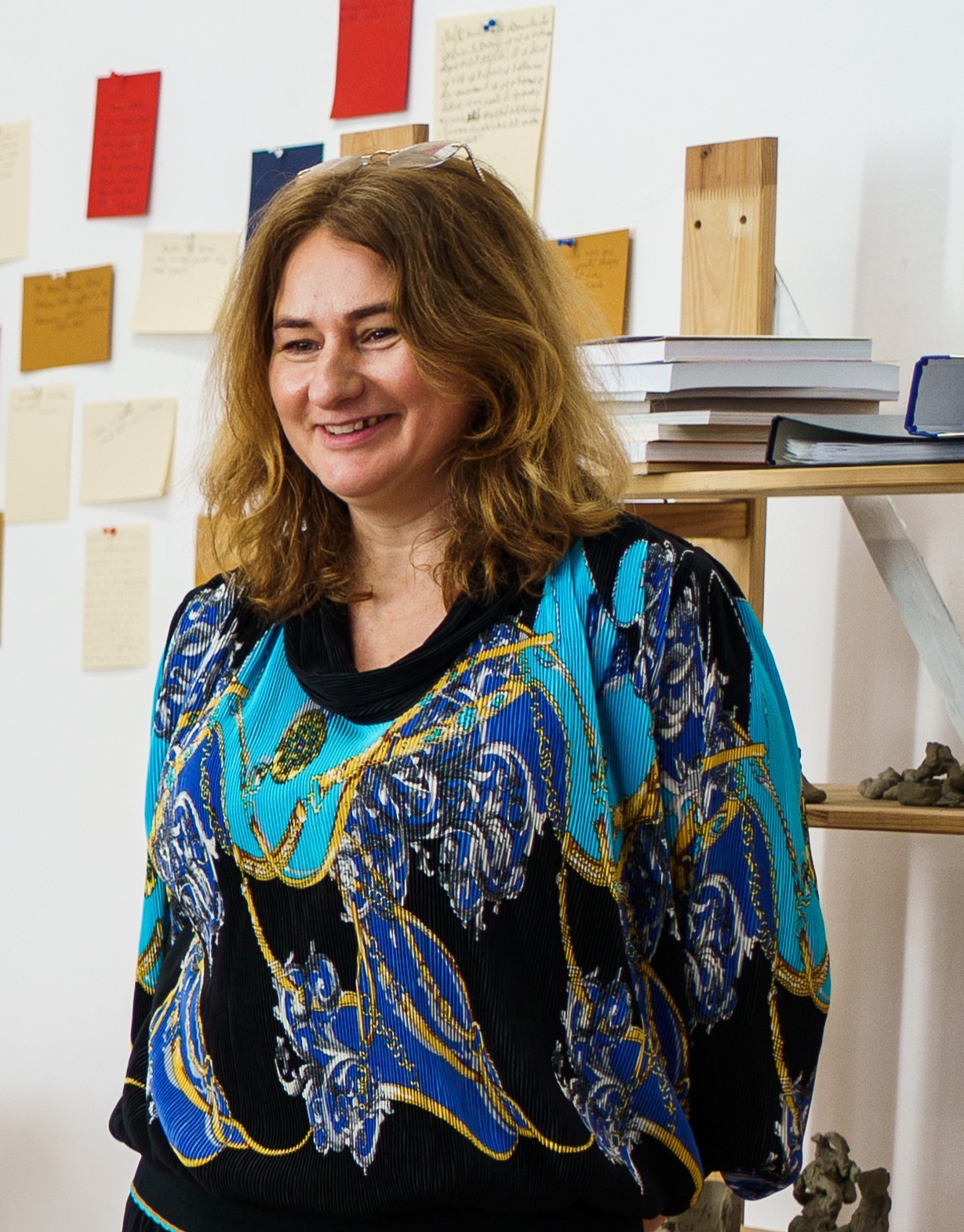
Emilia Mihali
Emilia Mihali is a highly experienced Psychodynamic Psychotherapist and Supervisor dedicated to supporting children, young people, and families in England. She works for the Norfolk and Suffolk Foundation Trust (NHS) with adoption, refugees, and looked-after children, as well as at NHS Practitioner Health with adults. Her expertise spans various therapeutic approaches, including Psychodynamic Psychotherapy, Systemic Family Therapy, Trauma-Focused Cognitive Behavioral Therapy (CBT), and Eye Movement Desensitization and Reprocessing (EMDR). Outside of her NHS responsibilities, Emilia runs a private practice, serving her local community with dedication. Her contributions have been recognized through several nominations for awards, including being shortlisted for the Public Choice Awards for Outstanding Care and Compassion within the NHS NSFT in 2022.
Moral injury, clay modelling workshop and reading session coordinated by psychoterapist Emilia Mihali
Saturday, January 18, 2025, starting at 12:00 p.m.
About the project: The (In)Visible Traces Artistic Memories of the Cold War project brings together artists, cultural professionals, researchers, youth, educators, and policymakers to engage in a collaborativeexploration of European cultural heritage, with a focus on the Cold War era. The project highlights the importance of preserving and recognizing historical buildings and sites that played a key role during the Cold War, many of which are now vacantor at risk of being forgotten. By combining artistic expression, research, and heritage protection, the project aims to shed light on these neglected locations. Through residencies, artistic interventions, and exhibitions such as You Betrayed the Party When You Should Have Helped It, the initiative will generate new material to stimulate reflectionon Europe’s divided past, while also advocating for the legal and physicalpreservation of these historical spaces.
The project seeks to protect and promote European heritage at risk, contributing to cultural dialogue and offering recommendations for safeguarding historical memory across Europe.
The workshop has been part of the program for clay modeling workshop and reading sessions in the frames of the exhibition of artist Andreja Kulunčić You Betrayed the Party Just When You Should Have Helped It, part of the project (In)Visible Traces. Artistic Memories of the Cold War, initiated by Documenta in Zagreb and organized together with the Romanian Association for Contemporary Art, Bucharest; Blockfrei, Vienna and The Bautzner Straße Dresden Memorial, Dresden.
Psychotherapist Emilia Mihali discussed about moral injury, a form of trauma that occurs when a person experiences or witnesses’ actions that violate their deeply held moral beliefs or ethical standards. Moral injury can cause profound guilt, shame, and alienation. It can prevent an individual from moving forward or forgiving themselves. In the context of communist regimes, moral injury could have been caused by participating in, witnessing, or being complicit in actions that went against one’s moral compass, such as betrayal, political oppression, or the forced silencing of dissent.
Moral injury is a concept that initially emerged in the context of war but was later extended to other fields. It refers to the psychological, emotional, and spiritual harm caused when a person feels they have violated their moral code, often in situations where they had no control. This can occur in contexts of abuse, betrayal, or when someone is forced to act against their ethical beliefs.
Why is it important to address?
Moral injury is a form of trauma that can cause a deep sense of guilt, shame, and alienation. It can prevent a person from forgiving themselves, letting go, and moving forward.
The workshop invite you to explore the concept of moral injury as a consequence of experiences during the communist period. The workshop suggests the idea that contemporary artists, through certain works, respond—consciously or unconsciously—to the healing of people’s moral injuries. Tomorrow’s discussion encourages you to reflect on the extent to which you engage in this healing process, taking into account your own attachment style.

